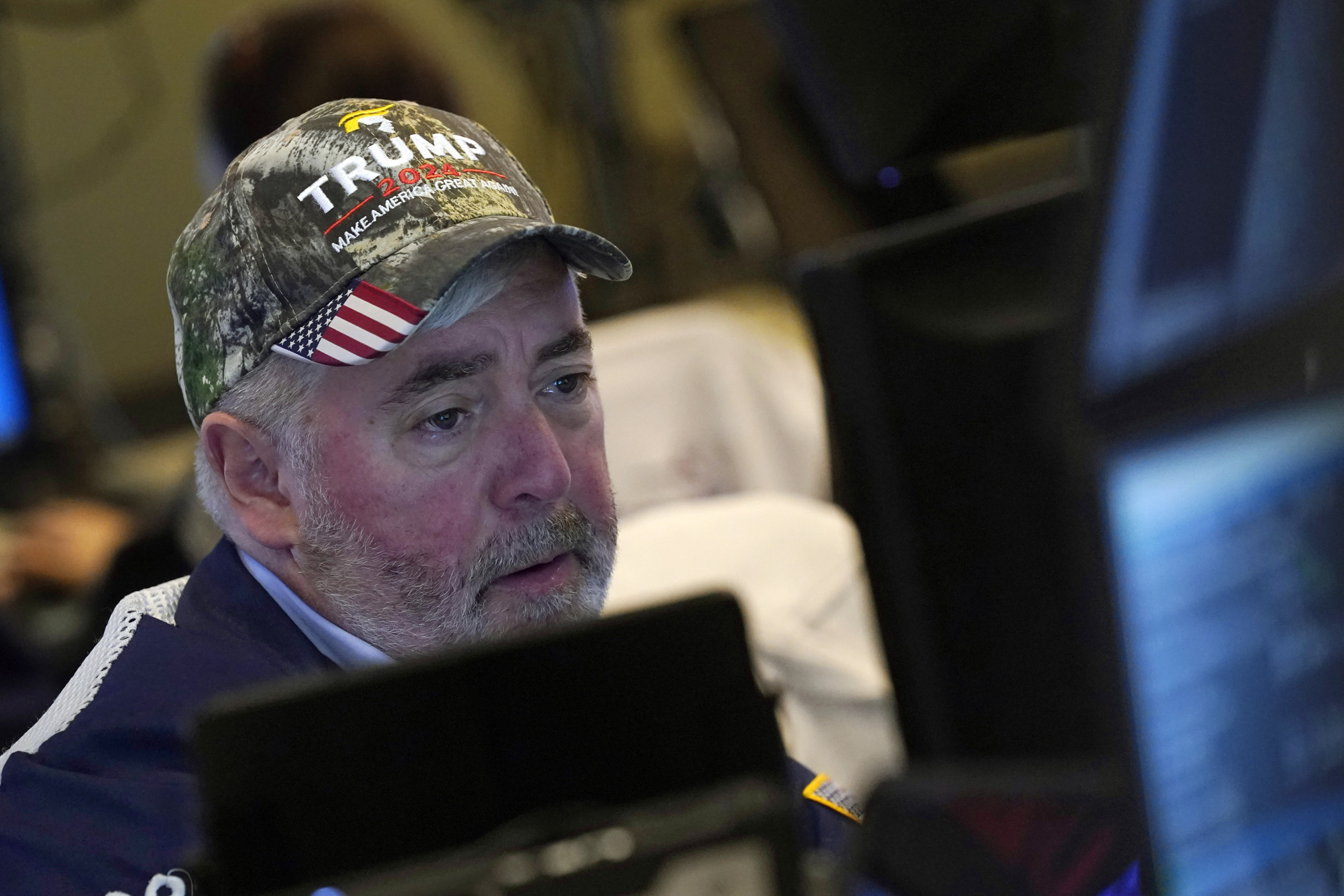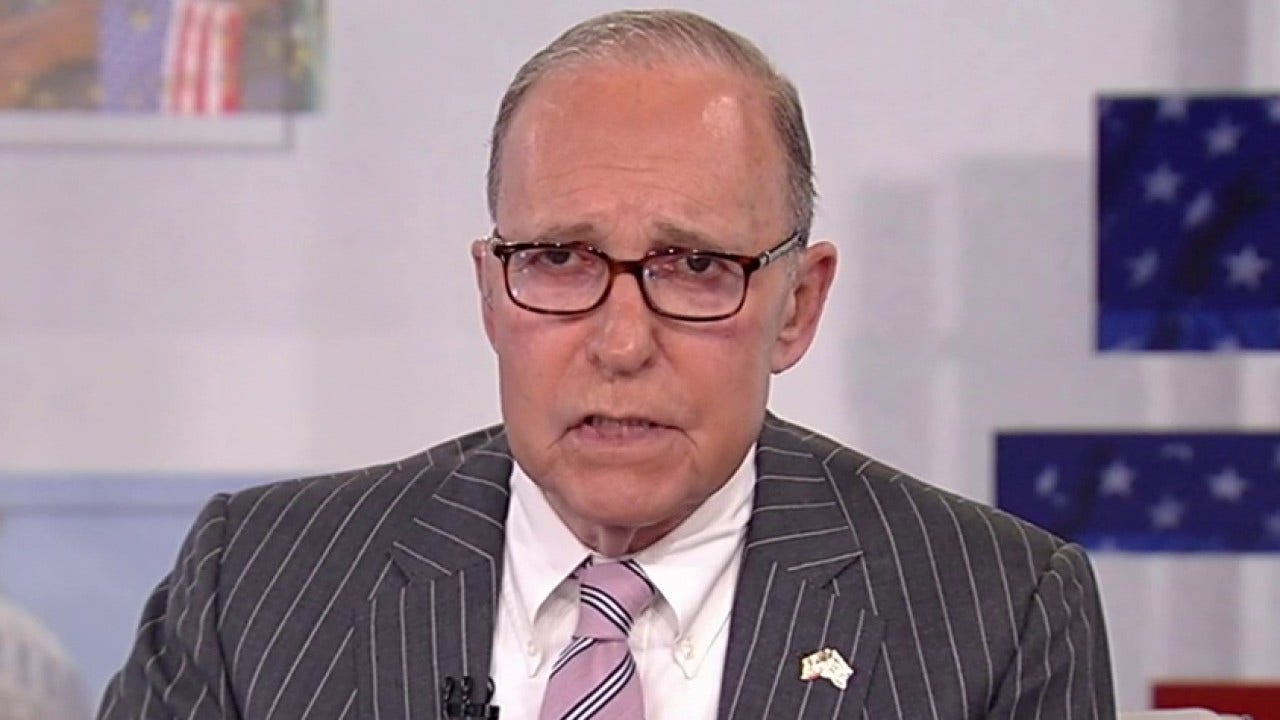U.S. stocks were mixed on Thursday while investors awaited the Federal Reserve’s decision on interest rates, scheduled for later in the day.
The S & P 500 gained 0.4 percent in early trading, although its momentum slowed significantly after a sharp rise the day before following Donald Trump‘s presidential victory.
The Dow Jones Industrial Average fell 62 points, or 0.1 percent, while the Nasdaq composite rose 0.7 percent.
McKesson, a health care services company, led the market’s gain, jumping 8.1 percent after reporting stronger-than-expected quarterly profits.
The company benefited from growth in its pharmaceutical business and raised its profit forecast for the year.
Richard Drew/AP
How Will the Interest Rate Cut Impact Americans?
The key focus for the market was the Fed’s decision. Most analysts expect the central bank to reduce interest rates for the second consecutive month.
The Fed began its rate-cutting cycle in September to support the job market, after bringing inflation close to its two percent target.
A report on Thursday showed a slight increase in the number of U.S. workers applying for unemployment benefits, though the figure met economists’ expectations.
Another report also showed a modest increase in worker productivity over the summer, which could help curb inflation, though the gain was smaller than forecast.
Trump’s victory raised uncertainties about how his policies might affect the economy.
Investors are particularly concerned about his push for tariffs and other measures that could drive inflation higher.

Richard Drew/AP
How Have International Markets Reacted?
As a result, expectations for future interest rate cuts have been revised downward. This shift has been one of the factors driving the S & P 500 to multiple record highs this year.
In individual stocks, Lyft surged 28.4 percent after reporting better-than-expected sales and profits. Qualcomm rose 2.8 percent after surpassing analysts’ profit forecasts.
In contrast, British chipmaker Arm Holdings reported solid earnings but issued disappointing guidance, causing its U.S.-listed shares to drop one percent.
Match Group, the parent company of the Tinder app, saw a significant drop, falling 18 percent after missing revenue expectations due to continued underperformance of Tinder.
Overseas, London’s FTSE 100 was flat after the Bank of England cut its interest rate by 0.25 percent.
In Asia, Japan’s Nikkei 225 fell 0.3 percent amid concerns about potential trade tensions under a Trump administration.
Neil Newman, head of strategy for Astris Advisory Japan, said worries about Trump’s tariffs could affect market sentiment, especially in the early stages of his presidency.
On a more positive note, stocks in Hong Kong and Shanghai rose two percent and 2.6 percent, respectively, after China reported a strong jump in exports in October, marking the fastest growth in more than two years.
How Will Election 2024 Affect Fed Rate Cuts?
Trump has proposed significant tariffs on Chinese imports, including a blanket 60 percent tariff, which could further strain China’s economy, especially while it works to boost growth.
However, analysts at Capital Economics suggested that any negative Affect from the tariffs might not be felt until later next year.
In the bond market, the yield on the 10-year Treasury eased to 4.37 percent from 4.44 percent on Wednesday, following a surge the day before.
That rise had been driven by expectations that Trump’s policies could stimulate economic growth, inflation, and government debt.
Some stocks that had surged in response to Trump’s victory showed signs of cooling.
Bank stocks, which had gained sharply on hopes of stronger economic growth and regulatory changes, lagged the broader market.
Smaller U.S. stocks also weakened after a strong rally on the belief that Trump’s policies would benefit them more than large multinationals.
The stock most associated with Trump, Trump Media & Technology Group, fell 14.7 percent.
This article contains additional reporting from The Associated Press



